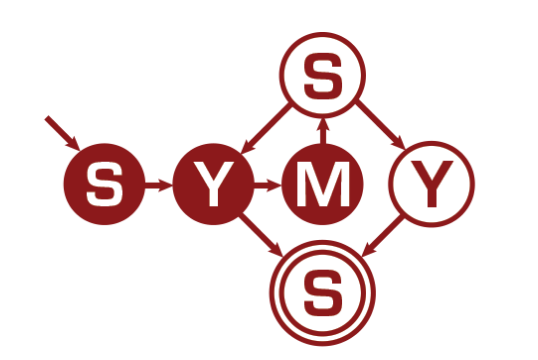Coffee Chat w/ Russell Poldrack
/As the latest event of our faculty coffee chat series, we invited Russell Poldrack, a professor of Psychology. He runs the Poldrack Lab, which according to its website, "uses the tools of cognitive neuroscience to understand how decision making, executive control, and learning and memory are implemented in the human brain. "
Poldrack's work sits at the intersection of informatics and cognitive neuroscience, and his background is in psychology (with some philosophy), and his computer science skills are mostly self-taught. He describes his journey to where he is now as "a serious of accidents," noting that the people he surrounded himself with at certain points in his life helped direct him to his current interests.
Our conversation topic steered towards the issue of reproducibility in science. Poldrack believes that psychology is often the poster child for reproducibility issues because it is a field that is making an effort to actually mitigate the problem. The methods for investigating some phenomenon in psychology or neuroscience vary quite a bit from lab to lab, making it difficult to verify the robustness of someone else's results.
Another topic that came up was how science should be conducted to properly provide the answers we seek. Poldrack mentioned "You can't play 20 questions with nature and win," an paper that criticizes scientific approaches in psychology. A nice tl;dr summary can be found here. Another good related paper is "Could a Neuroscientist Understand a Microprocessor?" where researchers applied neuroscientific methods to study a microprocessor, and fail to achieve successful understanding of a known system.
Written by Lucy Li.


